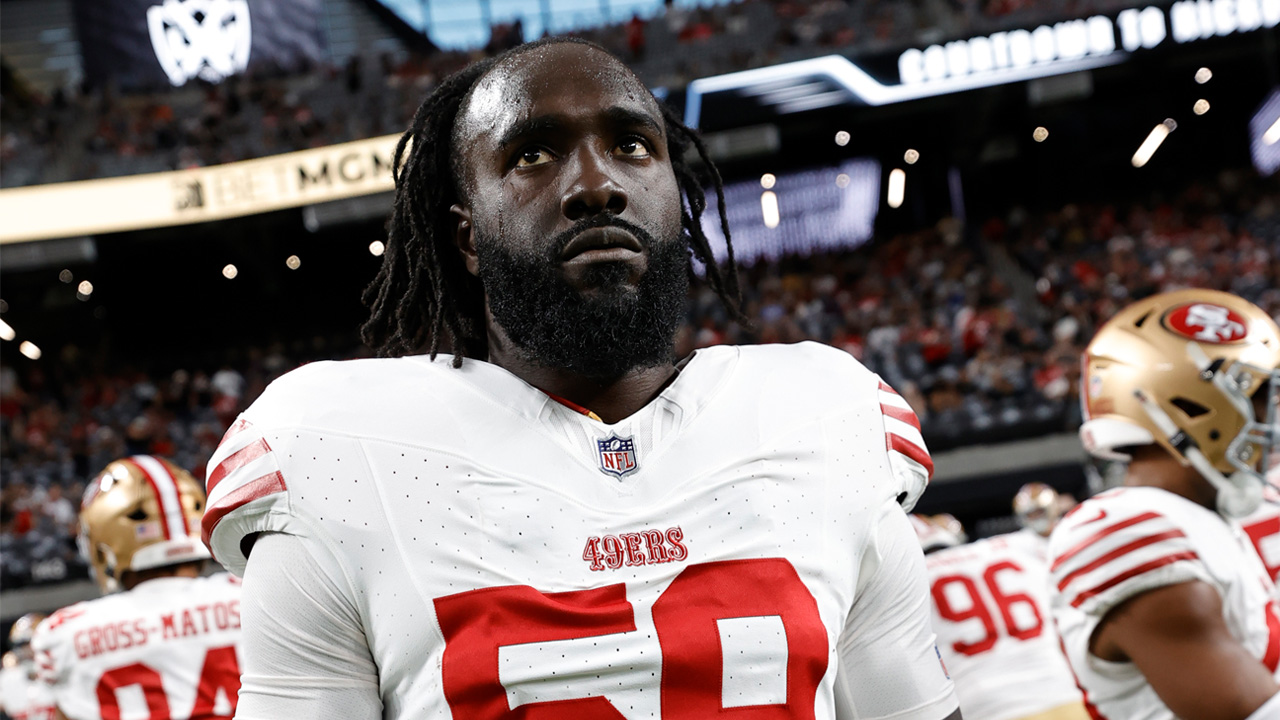The Chicago Bears are defending their push to build a new stadium on the city’s lakefront after a group of organizations blasted the plan on Wednesday.
The groups, led by Friends of the Parks, assailed the project as a bad deal for taxpayers, a threat to the future of Soldier Field and an unfair deal that could potentially limit access to parts of the lakefront.
The Bears pushed back against all of those criticisms in a statement issued after a press conference Wednesday.
“The Chicago Bears have been an active member of the Chicago community for over 100 years—a legacy we are excited to build upon and we work toward investing $2 billion to replace Soldier Field with a state-of-the-art, enclosed stadium that will create over 43,000 construction jobs and more than 4,000 permanent jobs. Our plan also increases the green and open space and provides more year-round access to the lakefront,” the team said.
The Bears are seeking to build a stadium just to the south of the current location of Soldier Field, a project that would involve a mix of private and public funding.
During a press conference Wednesday, Friends of the Parks said that they remain dedicated to keeping the shores of Lake Michigan “forever open, clear and free,” and that they oppose the team’s plans to build a new stadium.
“While we would love the Chicago Bears to stay in the city, we object to the site they have selected, and the ultimate cost to our city and residents,” Kilgore said. “Ensuring Chicago’s lakefront remains forever open, clear and free is not the responsibility of one group, but the work of many.”
Sports
Friends of the Parks was a vocal opponent of filmmaker George Lucas’ plans to build a museum on the lakefront, with that project ultimately being abandoned amid their opposition.
The group did not rule out a suit challenging the Bears if they seek to move forward with their stadium plans.
Feeling out of the loop? We'll catch you up on the Chicago news you need to know. Sign up for the weekly> Chicago Catch-Up newsletter.
“You never start with a lawsuit, but you don’t take it off the table either,” Kilgore said.
Other organizations raised environmental concerns about the project, which they said could reduce green spaces along the lake and divert public funding that could otherwise be used to invest in other parts of Chicago.
Still other groups blasted the Bears’ plan to pursue public funding of the project, arguing that other sports teams’ acquisition of public money for projects constituted a “boondoggle” that cost taxpayers billions.
The Bears are seeking at least $900 million in public financing for the stadium itself, which would be paid for through a 2% hotel tax levied by the Illinois Sports Facilities Authority in Chicago. Additional public funding could be sought for infrastructure improvements around the stadium, as well as other amenities in later stages of the project.
Those funds are currently being used to pay for the Chicago White Sox ballpark at Guaranteed Rate Field, with the Sox also seeking public funding to help pay for a new stadium in the South Loop.
Lawmakers in Springfield have been tepid on the potential for public funding for either project, though Chicago officials, including Mayor Brandon Johnson, have been more amenable to such proposals.



